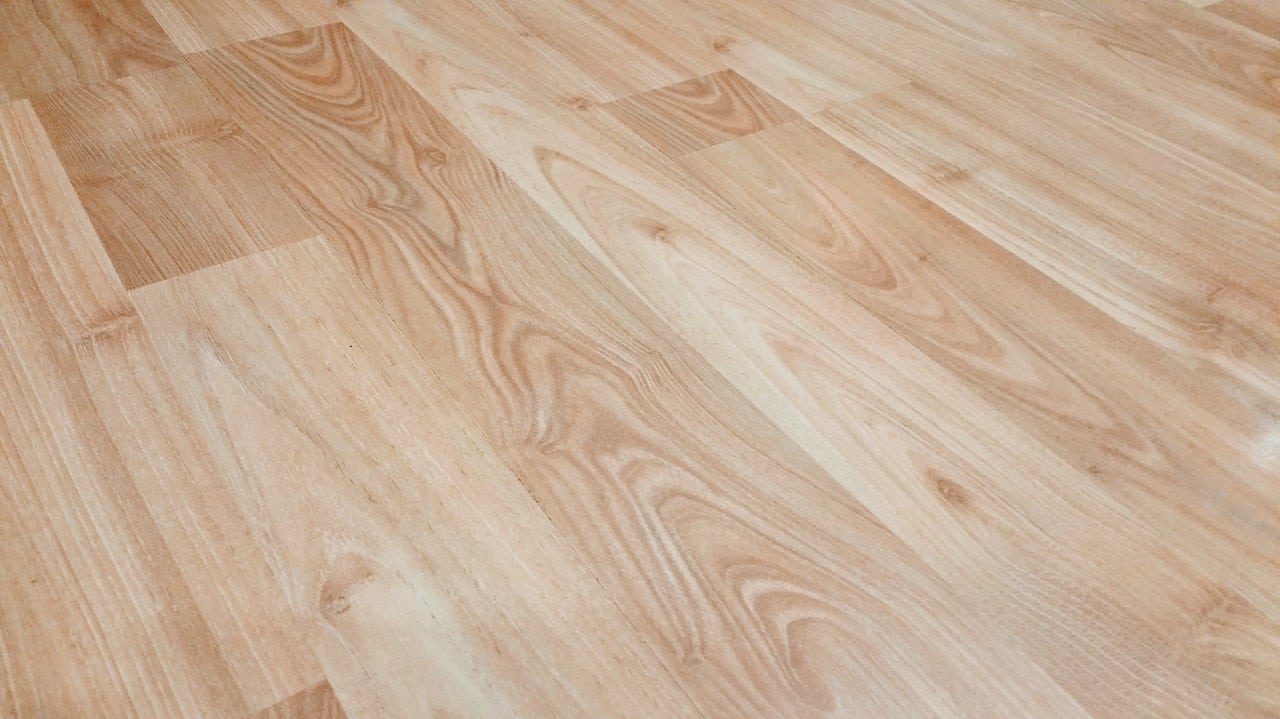Homeowners that have vinyl plank flooring at home are often thinking of how to deep clean vinyl floors, cleaning vinyl floors with grooves, and even how to clean vinyl floors with vinegar. Is Swiffer ideal for vinyl floorings? Let’s find out today!
Cleaning Vinyl Plank Flooring
Vinyl plank flooring can remain durable, shiny, and beautiful as long as you know how to maintain it, especially flooring along with high traffic areas in your home. These steps can also be used for laminate flooring, as they both have synthetic layers that can only be cleaned in a certain way.
Effective cleaning of vinyl plank flooring begins with dry cleaning, before following up with wet cleaning. You can use a vacuum cleaner or a dry mop (any mop will do for the dry phase) to remove built-up dirt around the flooring. Make sure that you reach under furniture, rugs, and small carpets, if possible. This will take care of much of the dirt and dust around the house. Do not use the beater bar that comes with some brands of vacuum cleaner, as this may damage your flooring.
The Swiffer Sweeper Dry and Wet Mop is an ideal mop for vinyl plank flooring because it features 3x cleaning action, and is designed to pick up not just dust but also tinier particles like allergens that commonly lurk in vinyl plank flooring with deeper grooves.
Mops like the Swiffer Sweeper are also ideal for collecting hair, which often tangles with the fibers of regular mops. Naturally, abrasive cleaning tools are bad news for this type of surface, and they must never be used. This includes hard brushes and steel wools. Scrubbers that are marked “for heavy-duty use” must also be avoided.
What can you use to clean vinyl plank flooring?
If you are having trouble removing stubborn grime and stains on the floor, you may try using an all-natural cleanser that you may be familiar with already: apple cider vinegar. In the kitchen, white vinegar is more popular with cleaning the sink and faucet. Apple cider vinegar is used mainly for removing stubborn stains. It can help dissolve stubborn dirt and can even help loosen gum that has stuck and has hardened on the panels. Simply mix one cup of apple cider vinegar with one gallon of hot water and use the solution to clean your floors. If you want to disinfect the floors as well, you can just substitute white vinegar for apple cider vinegar. Before doing anything else after the application of white vinegar, make sure that you let the solution stand for ten minutes before mopping the floors again. It takes this much time to kill bacteria that may be lurking on your floor panels.
If you are cleaning high traffic areas with large traces of dirt and even mud, adding a few drops of dish soap or detergent to your one gallon of hot water and vinegar will help lift the grime more quickly. Areas with less dirt don’t require the addition of soap. If you need to make the panels shinier, a few drops of baby oil will add that necessary sheen to the vinyl panels without making your floors slippery. There would be just enough oil on the surface to make it shiny and not slippery.
Are you struggling with truly persistent stains like ones from tomato ketchup and grape juice? Vinegar, soap, and water may not be enough. A more concentrated cleaning agent may be needed to remove these stains. Try using a thick paste made of baking soda and a little water and apply the paste to the grooves and surfaces affected. Let the paste stand for a few minutes, and then rub down the affected areas with a clean cloth.
You may also want to try a soft-bristled brush to remove stubborn stains and dirt from your floor. Just make sure that you are rubbing down the affected spots with some vinegar and water, or the baking soda pastes that we taught you previously. Unfortunately, it is not a wise decision to use any corrosive and abrasive cleaning agent or implement on your vinyl flooring as these scratch easily. Some chemical reactions may also cause permanent damage and discoloration to your floor panels.
If all the natural cleansers fail, you can go to your local supermarket and purchase cleaners that are marked safe for vinyl or laminate floors. Be sure to check the label before purchasing, as not all floor cleansers are ideal for vinyl panels.
Among the other things that you must never use on your vinyl flooring are ammonia-based products, “instant shine” products, wax-based products, and paste-based products (which may also contain a combination of ingredients that are not good for vinyl). If you are wondering why instant shine products are among those in the “don’t list,” the problem with these cleansers is they leave a dull layer on top of the vinyl, which makes the vinyl look unattractive. Commercial instant shine cleaners are composed of wax, and they may not be used for this type of flooring.
What kind of mop is ideal for vinyl floors?
The best mop for vinyl plank floors is microfiber mops that quickly absorb moisture but are still able to pick up a variety of particles on the surface of the floor, from pet hairs to human hairs. Then again, prevention is always better than cure, so we highly recommend that you place a nice doormat to absorb most of the dirt and grime, so you wouldn’t have to clean up so much afterward. Frequent sweeping and vacuuming of your floor will also prevent stubborn grime build-ups from ever appearing. The mildest methods of cleaning are often the best, and the less you use harsh chemicals, the longer the life of your vinyl plank flooring.

